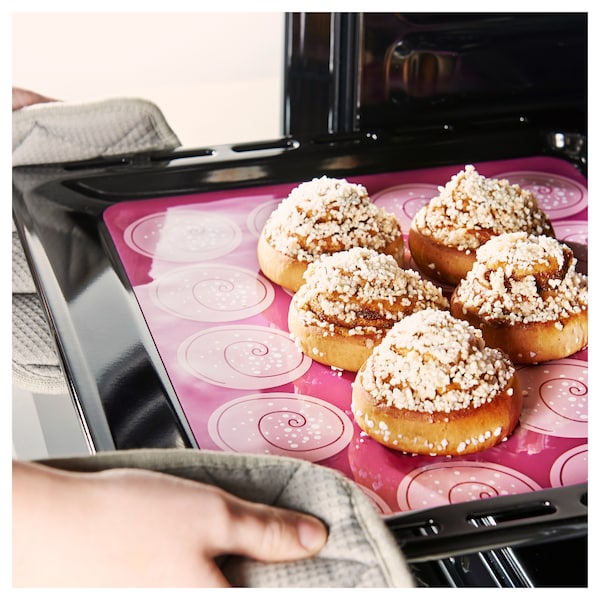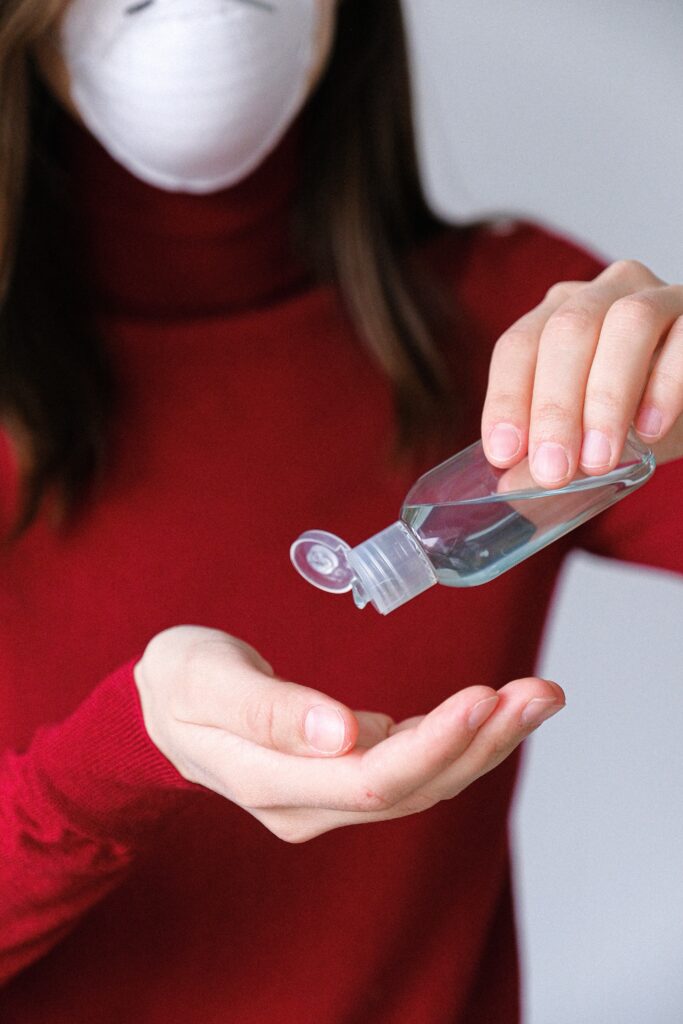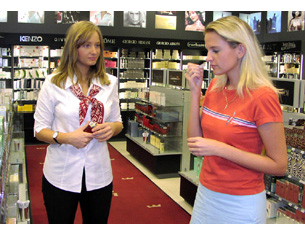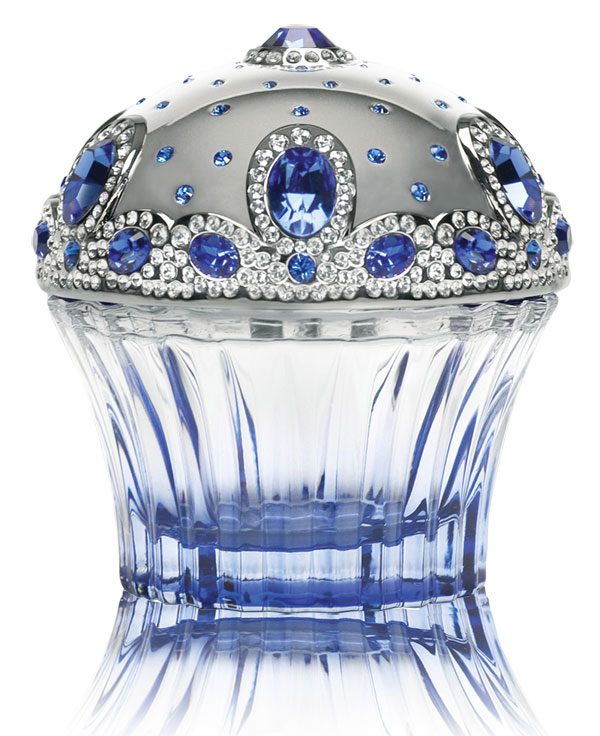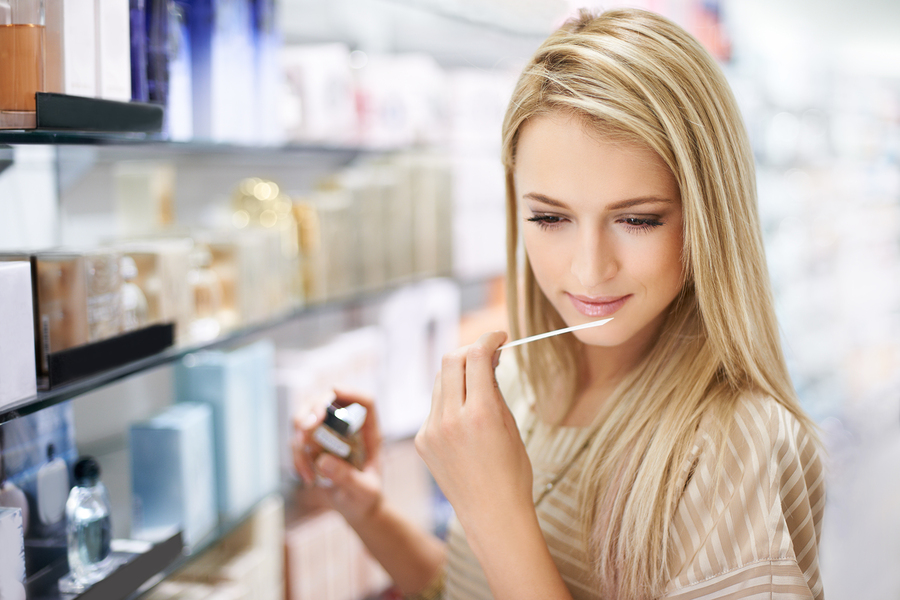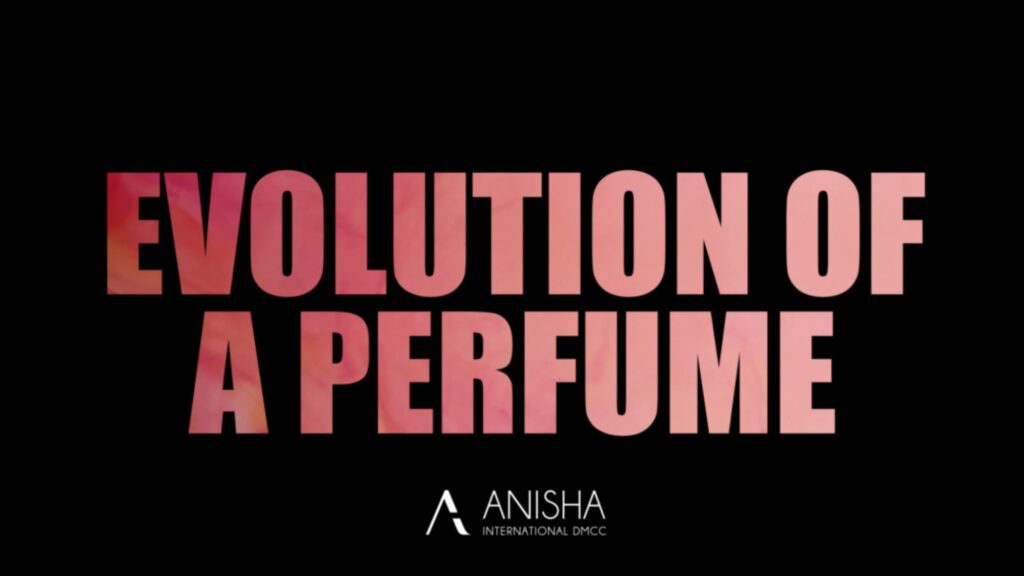Do we know how online perfume sales affect retail in the Middle East? In the Middle East we have some really impressive perfume retail stores. We are spoilt for choice by having access to all the world’s perfume brands in some beautiful locations. The Middle East is well known for its love of perfumes and heavy consumption and consequently every brand wants to be represented here. Big international retail stores such as Galeries Lafayette and Bloomingdales have a presence, as well as Sephora and Harvey Nichols. Paris Gallery, the local luxury chain, is also represented in all Middle Eastern key markets. Boutique niche brands also have their own stores in many of our flagship malls. Unfortunately the overheads of running a retail store in the Middle East are extremely high. The combination of high retail rents, plus ‘hidden taxes’ for the various government approvals required or even mall approvals make it a very expensive place to operate. People often buy well known designer perfumes online to save money or time. The same perfumes can be up to double the price if you buy them in your local mall, so it can be a huge saving and also extremely convenient to have something delivered right to your home. It’s also an easy way to get hold of hard to find products which might not be stocked everywhere. Frequently we see people in the region who buy perfume online from online sites posting on forums in facebook to ask the advice of others whether it’s safe to buy online. if the goods are really genuine and what’s the catch for the lower prices. The truth is that we don’t always know for sure what we are buying online, if it is a very good fake from Turkey or China or if it is just a good bargain. The fake copying companies are now so good at copying that one might not ever know its a fake unless the purchaser knows the perfume character intimately and notices that it performs differently to the original. The perfume essence will have undergone a GC match and tweaking by the perfumer to ensure it matches the original as closely as possible. And great efforts go into ensuring that the packaging is identical. The biggest online retailers often do not warehouse the majority of the items they sell on their portal, so they are not able to physically check the item or check its provenance by means of purchase receipts. Only the ones which are fulfilled by the big online sites have this guarantee. So how is online and in store business for perfumes developing in the Middle East? In 2017 the perfume market in the United Arab Emirates alone was worth $403 million in 2017 and is estimated to grow by 9% compound growth year on year to 2023 to $685 million by 2023 (IMARC group report). This trend is repeated in other Middle Eastern countries. Middle East consumers are increasingly buying perfumes online, year on year online sales are growing in most categories and last year in the UAE online sales accounted for 10% of all sales. This is growing fast year on year. Look how this compares to the figures shown in the Bain from 2014 below . But lack of trust could alter things – if consumers became more aware of the lack of authenticity checks by these sites, it could slow down growth. Bettermethods of guaranteeing authenticity should be implemented in order to maintain trust levels if this sector is to grow significantly. What about the future for retail stores if online business continues to grow? There will always be a demand for retail stores where you can go and try a perfume and see how it smells, online stores can never provide this luxury. But will people buy it from that outlet after trialling it, will they just go and buy it online afterwards at a lower cost? How can retail stores encourage more purchase in store? There are a few main factors here I believe which can influence this : Better client service and understanding of client needs in store. Most staff in perfumery retailers do not have a good understanding of perfume and cannot help the clients effectively to select fragrances. Sephora has tried to address this issue through the introduction of the Fragrance IQ machine in some of their stores, but it doesn’t make up for a lack of well trained and knowledgeable sales staff. I have heard from many people in this region stories of being chased around the big luxury perfume stores store by over zealous staff who are constantly spraying the client with irrelevant new perfumes with ‘try this’ and ‘try that’. Many of us are actively discouraged from entering those stores due to this frequent occurrence. Some clients need a bit of time to browse and collect their thoughts about their needs before discussing their needs with a salesperson. More promotions and offers to entice trial/ repeat purchase. Better loyalty schemes to keep clients loyal to the store. Most of the big stores have loyalty cards to collect data on consumers which allow the collection of precious consumer purchasing behavior. However, there is very little customer reward for shopping frequently at the same store and signing up to these loyalty schemes. More positive experience in store. More displays to make the essence of the brand more understandable. Merchandising and display in store which makes it easier to find the perfume you need. A more experiential approach to perfumes. If the experience is more positive and creative and gives a better understanding of the perfume, people will not mind paying more compared to online. More fun and play and creativity is required instead of rows of displays of perfumes displayed in store according to the designer brand name. The use of Artificial Intelligence and other technology could help to bring brands alive and make the experience more immersive. If some stores were set up […]
Lire la suite…
